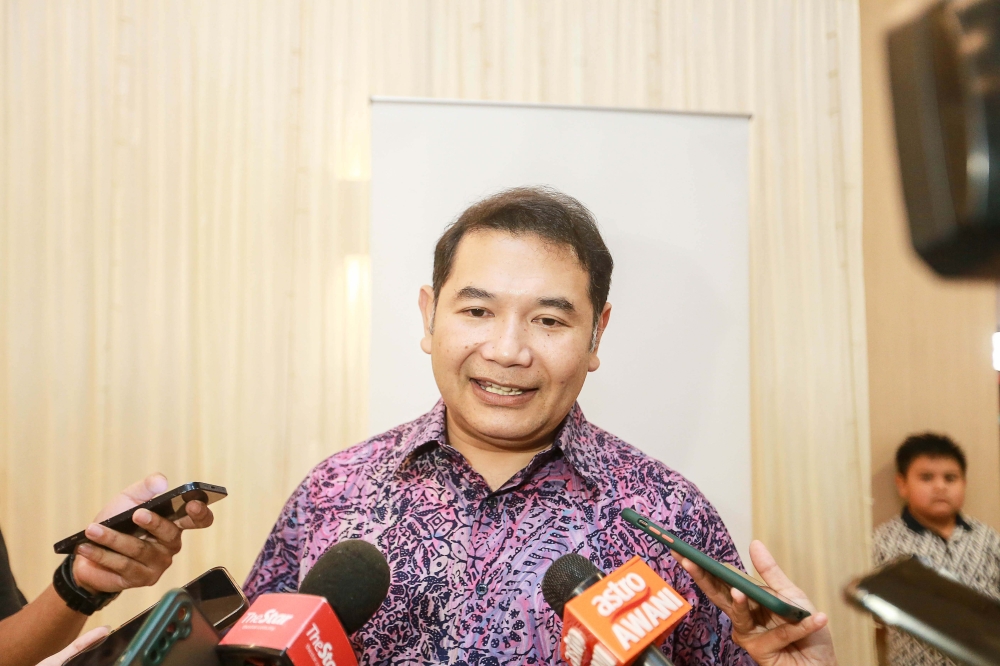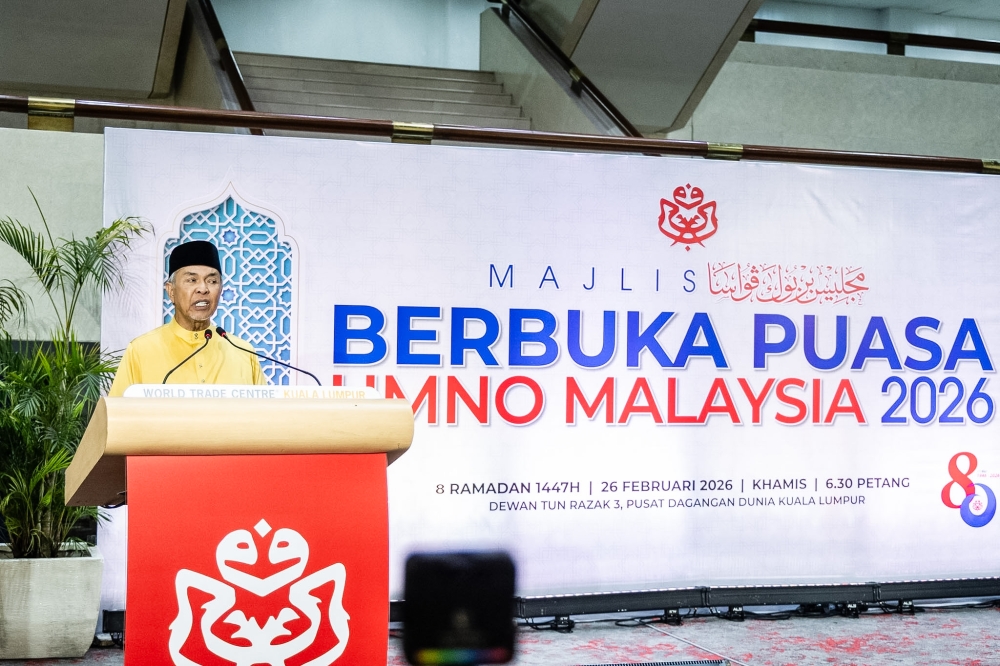KUALA LUMPUR, Oct 1 — Experts polled by Malay Mail have argued that the national average household income is not a good indicator for measuring the wellbeing of Malaysian families, and the government should instead highlight objectives that are more inclusive of low wage earners.
Both Universiti Tun Abdul Razak Prof Emeritus Barjoyai Bardai and Institute of Strategic and International Studies Malaysia economics analyst Calvin Cheng explained that the income of high earners would influence the average, making it a hollow representation for the majority of families.
“All you have to do is push up the income of the T20, and the average will go up,” said Barjoyai, referring to the top 20 per cent income group.
Putrajaya had in the 12th Malaysia Plan (12MP) planned to increase average household income to RM10,000 per month by 2025, as announced by Prime Minister Datuk Seri Ismail Sabri Yaakob in Parliament on Monday.
The professor said that the government should instead be aiming for a higher minimum wage as even many government servants were still earning a salary of less than RM2,000 — which was below the country’s Poverty Line Income for households that is RM2,208 per month.
As of February last year, the minimum wage in Malaysia for 56 major towns and cities including Kuala Lumpur is RM1,200.
Meanwhile, Cheng suggested looking at median household income, instead of the average — also known as the mean — because the median would present a more “realistic view”, which reduces the influence of top-end high household income earners.
In statistics, the mean of a set of values is calculated through dividing the sum of values by the number of values. A median, meanwhile, is the value that sits right in the middle in a list of numbers.
Before the Covid-19 pandemic, the average household income in 2019 was RM7,901, while the median household income was RM5,873.
In 2020, the mean dropped to RM7,089, while the median declined to RM5,209.
However, Barjoyai and Cheng had opposing views on how to achieve the RM10,000 by 2025 goal.
“In my view, the RM10,000 target would amount to an exceedingly optimistic scenario, which while not completely impossible, is just very optimistic and somewhat unrealistic for the current economic situation,” said Cheng.
“Assuming average monthly household income recovers to 2019 levels by next year — which is itself on the optimistic side — average household income would need to grow by about 8.2 per cent every single year until 2025 to reach RM10,000.
“For comparison, average annual growth for average monthly household income from 2009 to 2019 period was about 7 per cent per year,” he added.
Intan Nadia Jalil, a chief economist of a regional bank, said that aside from the doubts about setting a target on average household income, the 12MP was lacking in specific plans and milestones for the economic growth and social protection needed for families to do better.
“For instance, the plan does acknowledge the need to revamp Malaysia's social protection system, and proposes the merging of the Malaysia Social Protection Council and the Cabinet Special Committee on Poverty, to improve the coordination of social protection and its delivery.
“However, the plan does not state whether a comprehensive social protection blueprint providing a cradle-to-grave system will be developed.
“Given the vulnerabilities that have been exacerbated by the pandemic, this may be an area of priority for household welfare,” she said.
Laying out Malaysia’s five-year roadmap, Ismail Sabri had said the government aspires to raise the average household income to RM10,000 by 2025 to make the leap into becoming a high-income nation.
The 12MP also aspires for gross domestic product (GDP) growth of up to 4.5 to 5.5 per cent per annum between 2021 and 2025, while reducing the GDP per capita gap between the Central Region and Sabah to a 1:2.5 ratio, and 1:1.2 for Sarawak by 2025.
In response, Opposition Leader Datuk Seri Anwar Ibrahim retorted in Parliament yesterday that the government should relook at the feasibility of actually achieving that target.
Anwar said the targeted figure may lift the mood for some, but questioned whether it is realistic considering the current global Covid-19 economic scenario.

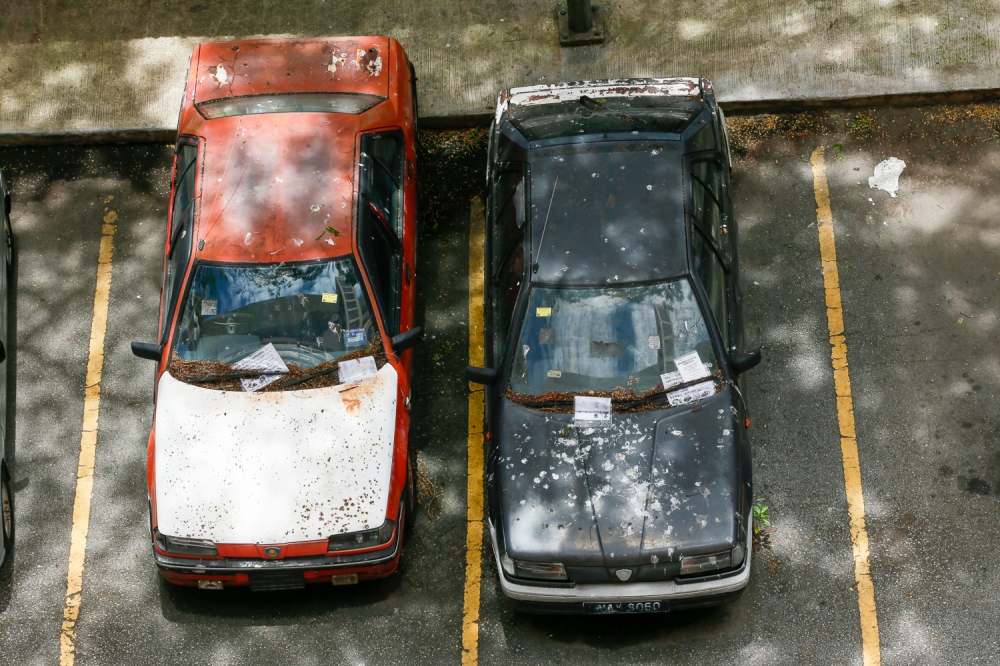

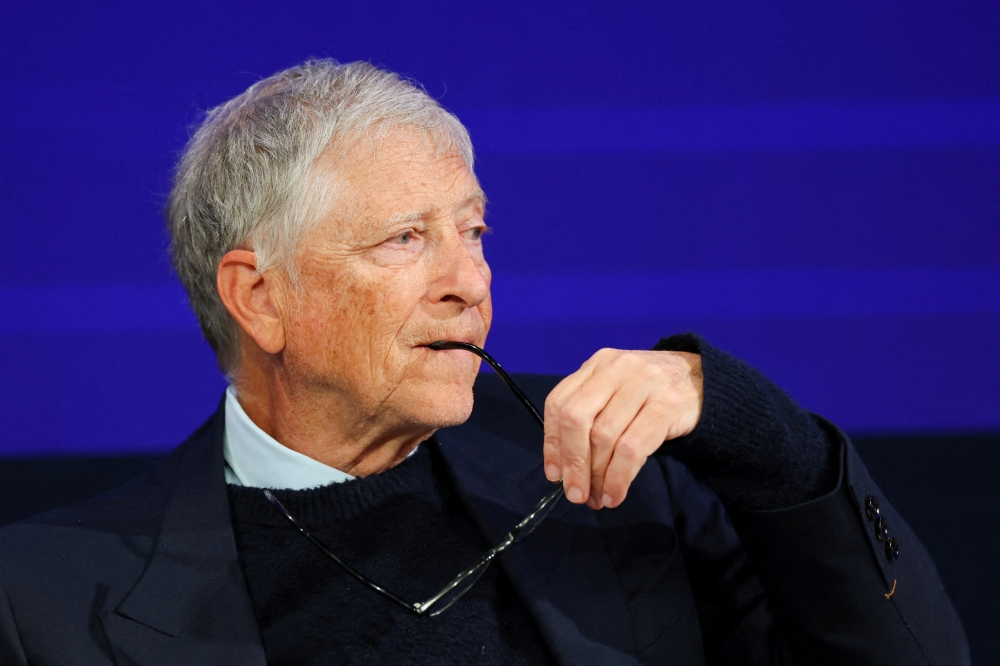

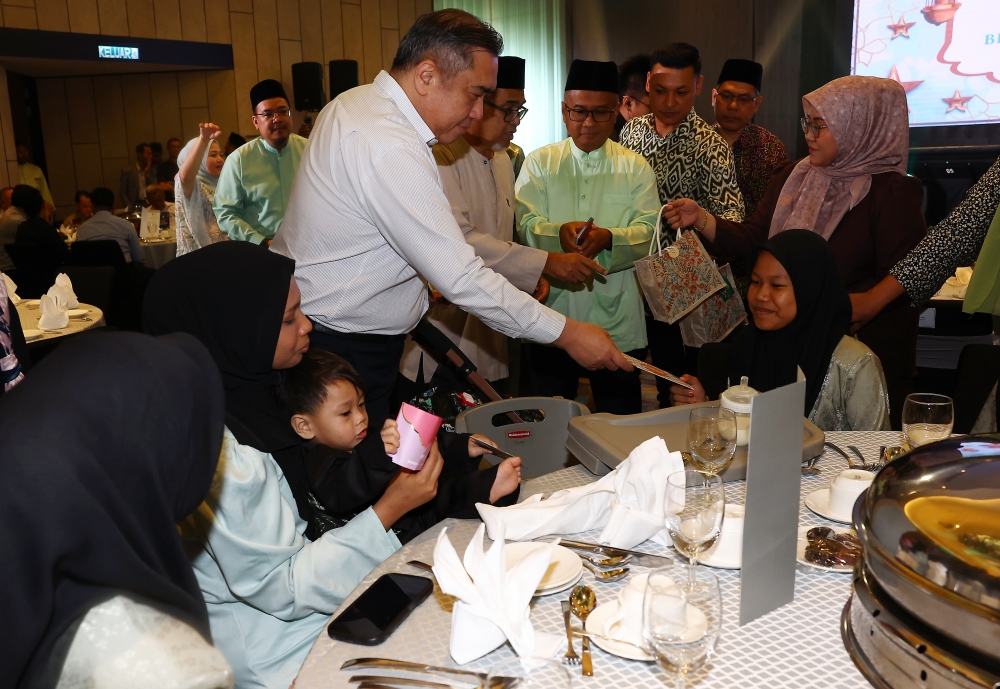
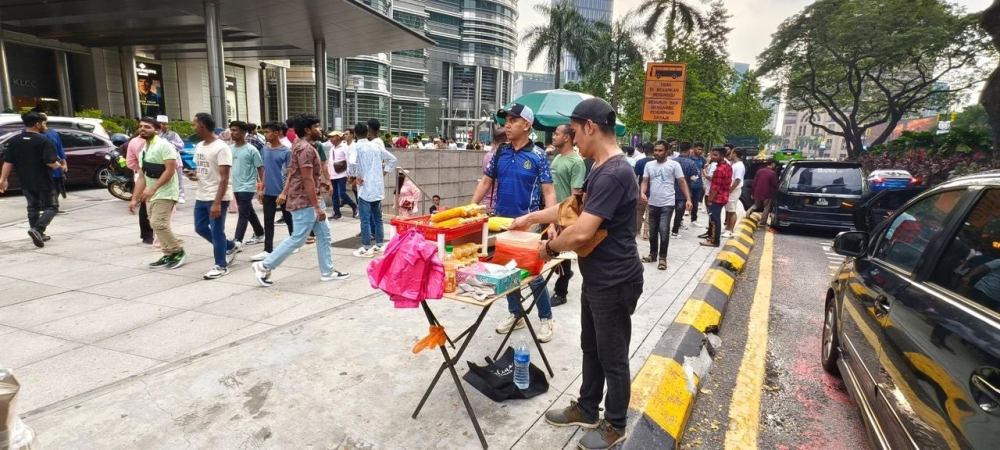


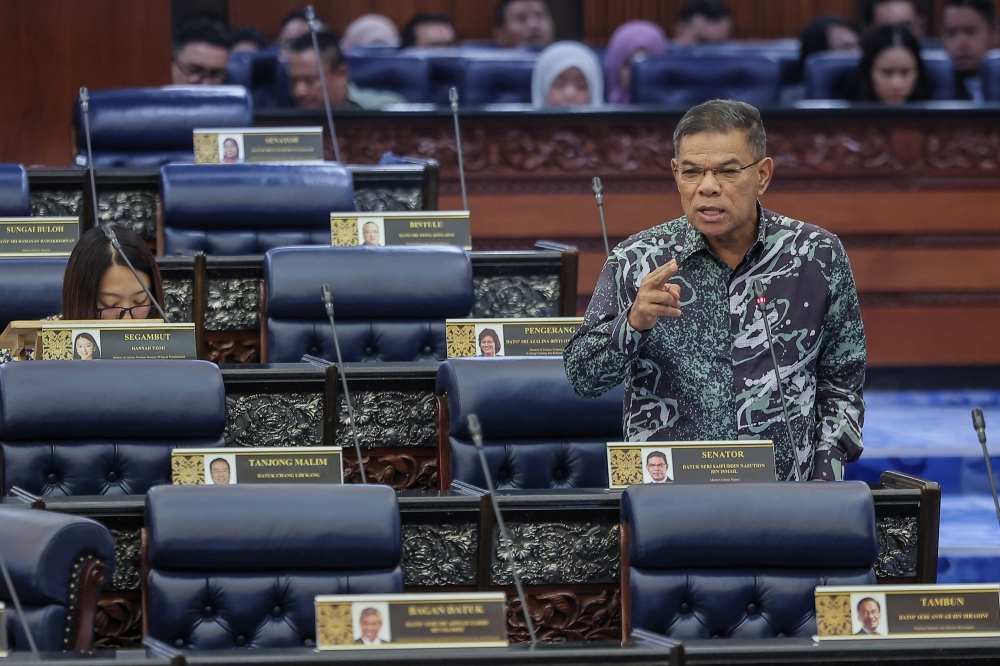
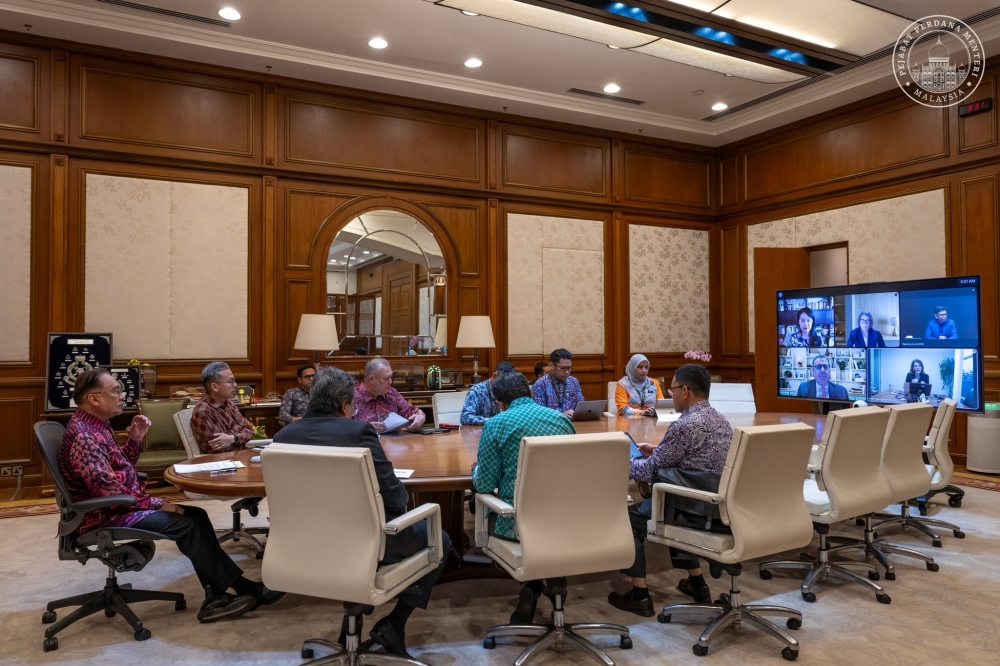


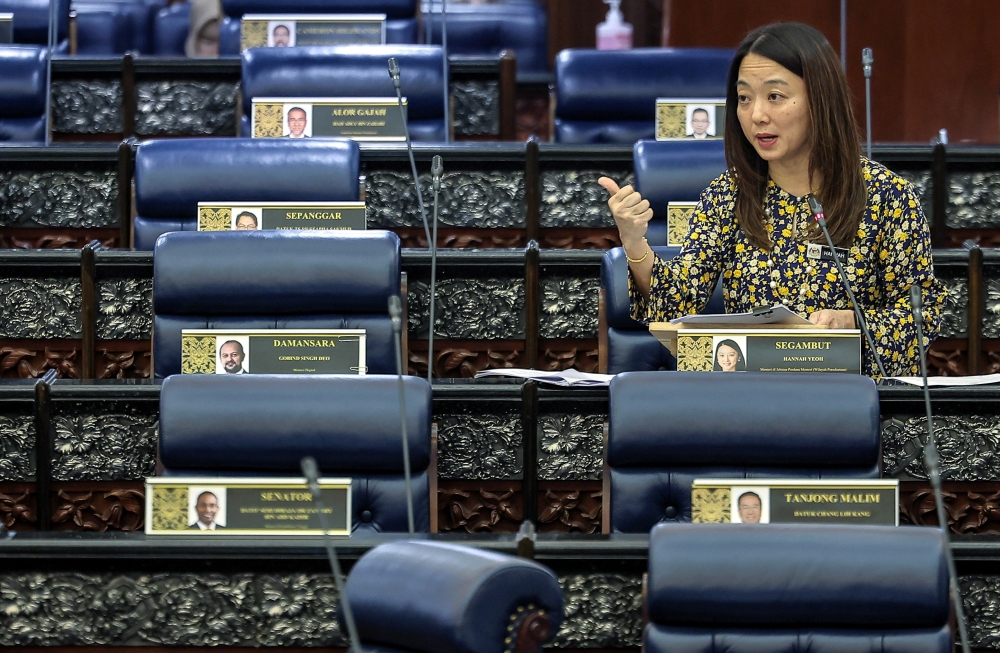
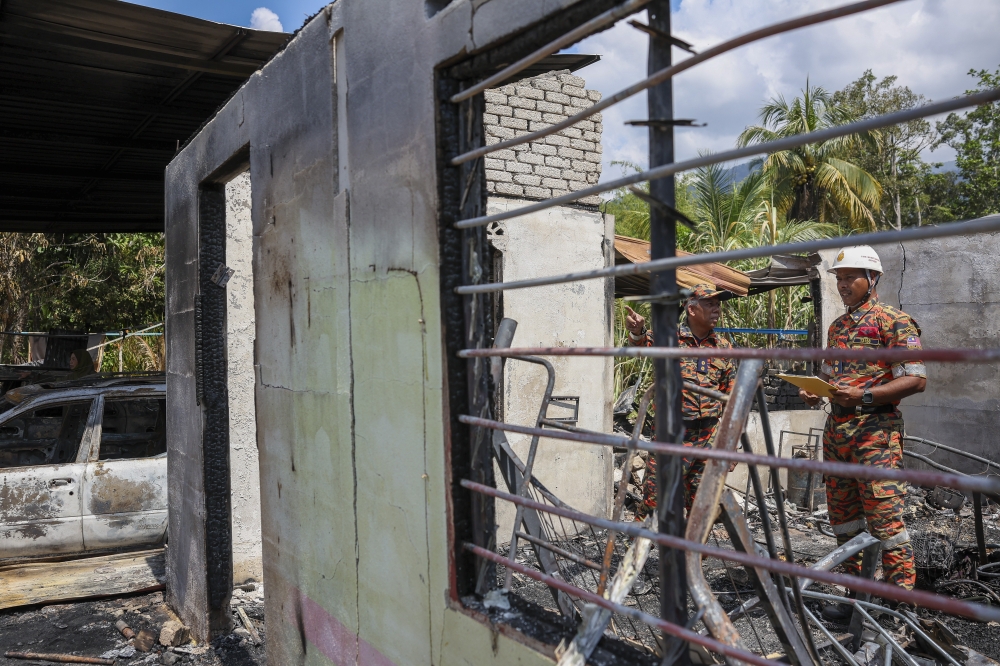
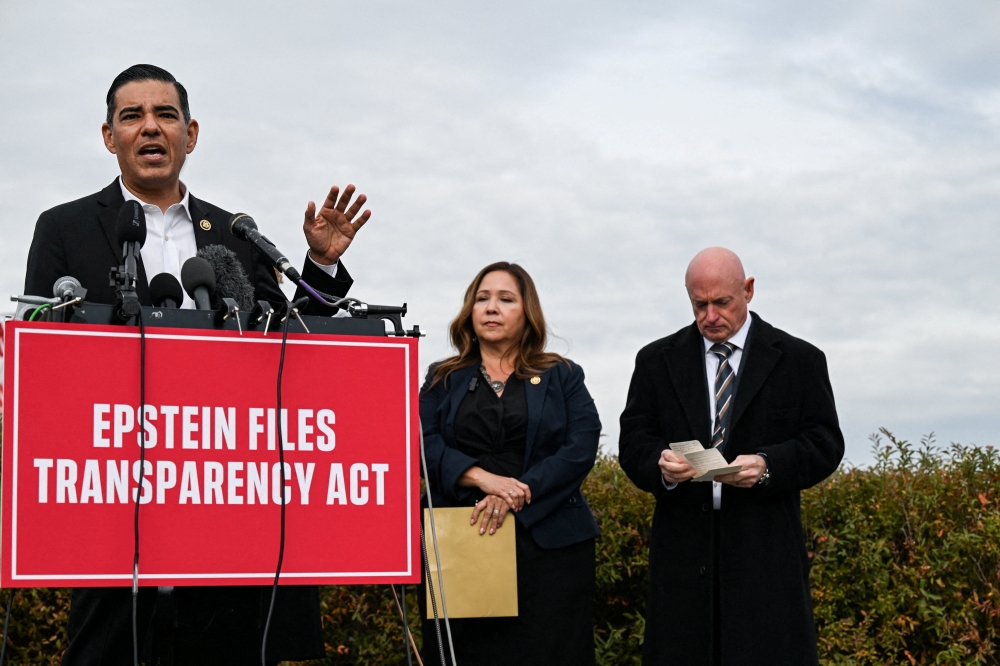
.jpg)
